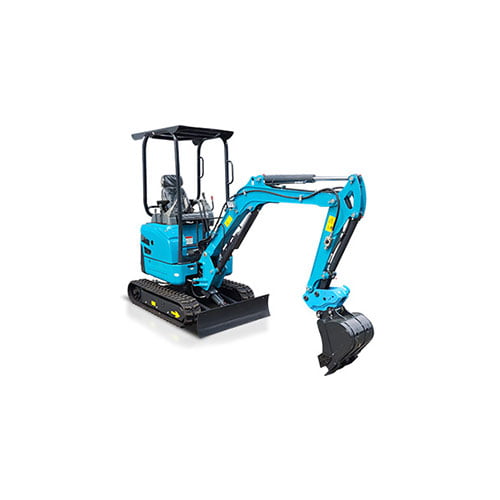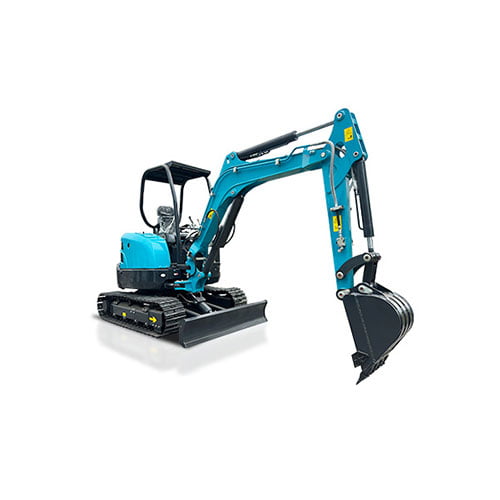Welcome to My Blog!
Before we dive into the content, I’d love for you to join me on my social media platforms where I share more insights, engage with the community, and post updates. Here’s how you can connect with me:
Facebook: https://www.facebook.com/profile.php?id=100072217509763
LinkedIn: https://www.linkedin.com/company/74949059/admin/dashboard/
YouTube:www.youtube.com/@tractormanufacturer-lc5qz,www.youtube.com/@excavatormanufacturers-sn9hk
TikTok: www.tiktok.com/@tractormanufacturer, www.tiktok.com/@excavatormanufacturers
Now, let’s get started on our journey together. I hope you find the content here insightful, engaging, and valuable.
Table of Contents
Introduction

Diesel mini excavators have revolutionized the construction industry, offering a potent blend of power and portability. These compact machines are ideal for a wide range of applications, from landscaping and trenching to demolition and foundation work. But with numerous models and features available, selecting the perfect diesel mini excavator can be a daunting task. This comprehensive buyer’s guide will delve into the key factors to consider, helping you make an informed decision.
Understanding Diesel Mini Excavators
Diesel mini excavators are smaller, more maneuverable versions of traditional excavators. Their compact design allows them to access tight spaces and navigate challenging terrain with ease. These machines are typically powered by diesel engines, providing reliable power and performance.
Key Factors to Consider When Buying a Diesel Mini Excavator
When purchasing a diesel mini excavator, several key factors should be carefully considered:
- Operating Weight: A crucial factor influencing the machine’s digging force and stability. A heavier machine generally offers greater digging power but may be less maneuverable in confined spaces.
- Digging Depth and Reach: The depth and reach capabilities of the excavator should align with your specific project requirements.
- Engine Power: A more powerful engine delivers greater hydraulic flow, resulting in faster cycle times and increased productivity.
- Undercarriage: The choice between rubber tracks and steel tracks depends on the terrain you’ll be working on. Rubber tracks are ideal for smooth surfaces, while steel tracks offer superior traction on rough or muddy terrain.
- Attachments: A wide range of attachments, such as buckets, breakers, and augers, can expand the versatility of your mini excavator. Consider the specific attachments you may need for your projects.
- Operator Comfort: A comfortable cab with ergonomic controls and ample legroom can significantly enhance operator productivity and reduce fatigue.
- Maintenance and Service: Look for a machine with a proven track record of reliability and easy maintenance. A strong dealer network and readily available parts can minimize downtime.
Comparing Diesel Mini Excavator Models
[Insert a table here, comparing different features of diesel mini excavators, such as operating weight, digging depth, engine power, and common attachments. Avoid comparing specific brands or models.]
Benefits of Owning a Diesel Mini Excavator
Investing in a diesel mini excavator offers numerous benefits:
- Versatility: These machines can handle a diverse range of tasks, from digging trenches to demolishing small structures.
- Efficiency: Their compact design and powerful engines make them highly efficient, reducing project timelines and labor costs.
- Maneuverability: Mini excavators can easily navigate tight spaces and challenging terrain, making them ideal for urban and rural environments.
- Return on Investment: The versatility and productivity of mini excavators can quickly translate into a strong return on investment.
How to Choose the Right Diesel Mini Excavator
Follow these steps to select the ideal diesel mini excavator for your needs:
- Assess Your Needs: Clearly define the specific tasks you’ll be using the excavator for, considering factors like digging depth, reach, and attachment requirements.
- Set a Budget: Determine your budget, taking into account the initial purchase cost, ongoing maintenance expenses, and potential resale value.
- Research Different Models: Compare features, specifications, and pricing from various manufacturers. Consider factors like engine power, hydraulic flow, and operator comfort.
- Consider Attachments: Evaluate the range of attachments available for each model and select those that align with your specific project needs.
- Test Drive: If possible, test drive different models to assess their performance, ergonomics, and overall fit.
Maintenance Tips for Your Diesel Mini Excavator

Proper maintenance is essential to ensure the longevity and optimal performance of your diesel mini excavator:
- Regular Oil Changes: Adhere to the manufacturer’s recommended oil change intervals to maintain engine health.
- Inspect Tracks and Undercarriage: Regularly inspect the tracks and undercarriage for wear and tear, and lubricate components as needed.
- Clean the Radiator: Keep the radiator free of debris to prevent overheating and ensure efficient cooling.
- Store Properly: When not in use, store your mini excavator in a clean, dry environment, and consider using a protective cover.
Conclusion
A diesel mini excavator can be a valuable asset for contractors, landscapers, and homeowners alike. By carefully considering the factors discussed in this guide, you can select the right machine to meet your specific needs. Remember to prioritize safety, proper maintenance, and long-term value to maximize your investment.
FAQ
What is the difference between a diesel mini excavator and a skid steer loader?
A diesel mini excavator is primarily a digging machine, while a skid steer loader is more versatile, capable of various tasks like loading, digging, and material handling.
How often should I change the hydraulic oil in my mini excavator?
The frequency of hydraulic oil changes varies by manufacturer and usage. Consult your owner’s manual for specific recommendations, but typically, it’s recommended to change the oil every 500-1000 operating hours.
Can I transport a mini excavator on a trailer?
Yes, many mini excavators can be transported on trailers. However, ensure the trailer’s weight capacity and dimensions are suitable for the excavator’s size and weight. Consult local regulations for specific towing requirements.




